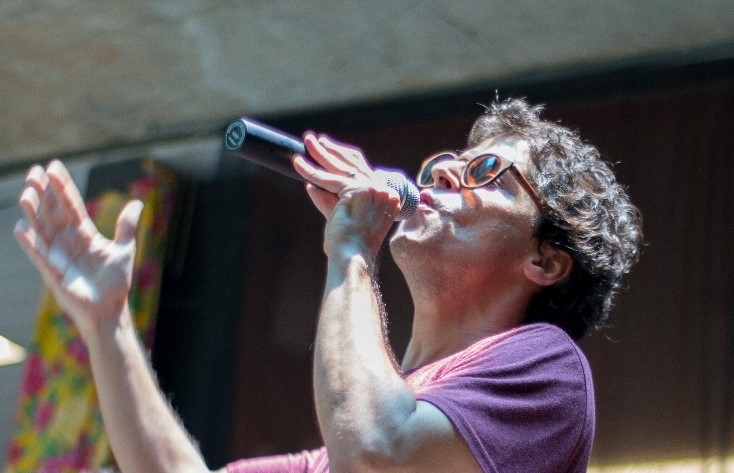DE OLIVEIRA NETO, Dr Alfredo
Brazil - Family Doctor

What first drew you to family medicine, and how did your career begin?
I entered medical school to be a surgeon, but during my first experience in a large emergency room, I was appalled by how surgical residents were treated and how the staff treated patients. In my undergraduate program (2000–2005), there was absolutely nothing about Family Medicine. So I decided to attend cardiology clinical sessions to try doing procedures.
During a session where the discussion focused on whether to recommend a biological or mechanical valve prosthesis for a patient with rheumatic fever, two visiting Cuban professors were asked how they would handle it. They replied: “We don’t know, because rheumatic fever is rare in Cuba.”
I was stunned. I was attending the largest rheumatic fever outpatient clinic in Northeast Brazil. I asked them why. They said: “Because in Cuba people have access to antibiotics.”
What am I doing with my life? I need to go to Cuba and see for myself — I thought.
After returning from Cuba, the student group I had gone with was so enthusiastic that we helped establish the first Family Medicine residency in my home state, Pernambuco. Since then, I’ve spent 20 years working in Primary Health Care as a physician, residency supervisor, and university professor. I’ve never stopped practicing clinically, which is important for my academic work as a professor at the Federal University of Rio de Janeiro.
You’re deeply connected to music. How has that shaped your life and work?
My paternal family is connected to the arts. My grandfather and his brothers created the Pernambuco Amateur Theater, the oldest amateur theater in Brazil. And they were all lawyers or doctors. I’ve found this fascinating since childhood — being able to work with science and art throughout my life.
Currently, I participate whenever I can in two bands. Harmonia Enlouquece (“Harmony Gets Crazy”) is a band of psychiatric patients and healthcare professionals. I play percussion and have contributed to some compositions for 17 years. This band will be 25 years old in 2026, and we’re finishing our fifth album. It has been one of the best experiences of my life.
The other is Praia Vermelha (“Red Beach”), composed primarily of family doctors. I compose, sing, and play percussion in it since 2012. We’ve released some tracks and have a lot of fun, usually playing at conferences — including WONCA Rio in 2016.
Outside of music, what other creative projects or personal interests keep you going?
I participate in the blog and book project Causos Clínicos (“Clinic Long Histories” is the best translation I can give). It started as a blog where family physicians, medical students, and family medicine residents from Brazil write about their lives and those of others from the world of care. In 2025, we released the third book.
The first was about cases and the doctor-patient relationship. The second was narratives from when we, as physicians, became ill. The third is called Why Family Medicine? And why do we persist?
I dream of translating these three books into English. They are bestsellers among family doctors in Brazil, used in medical schools and residencies. If you know how to help us, please let me know.
Besides that, I swim two hours a week for pleasure and go to the gym two hours a week for displeasure.
Tell us about the Music and Mental Health Project you’ve led through WONCA.
As a member of the Steering Committee of the WONCA Working Party on Mental Health, I created and have led the Music and Mental Health Project since 2020. We’ve been mapping musical initiatives like Harmonia Enlouquece from around the world. We’ve organized webinars, co-created an original song and music video, published a paper (Music and Mental Health Project – BJGP), made two sing-along videos including this one on YouTube, and produced a 15-minute documentary called Tone of Mind, which includes stories from Brazil, South Africa, India, and Australia.
I’m very excited about this project. Hearing stories of the power of music as a tool for care around the world — not just for mental health issues — is fascinating. I hope to release Tone of Mind soon, either at an in-person event or virtually, and WONCA will help share it with the community.
Learn more about the project's latest developments here.
Our next dream is to create exchanges between musical groups and family doctors from different countries—to learn from each other and inspire more teams to create local music-and-health projects.